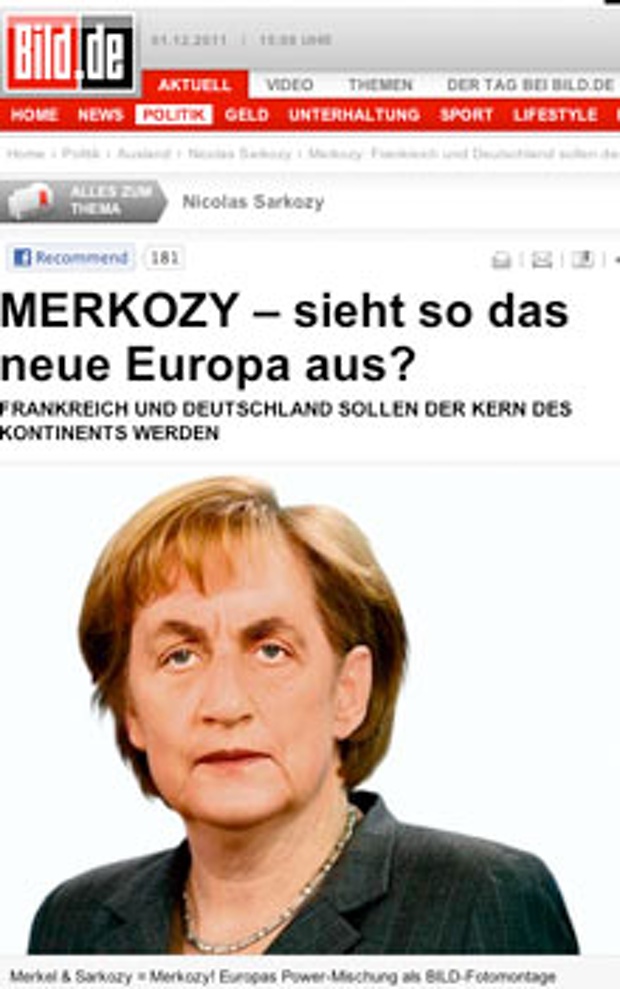
Article by Alina Bârgăoanu, director of Convorbiri europene
Every day, the European Union creates new and new dichotomies: North vs. South, West vs. East, center vs. periphery, debtor countries vs. creditor countries, rich countries vs. poor countries, elites vs. citizens and what not. There are also winners and losers from the crisis of the European Union. Besides, the formers are surrounded by an aura of prestige for withstanding the worst of the crisis. The obvious example is Germany – the net winner from the creation of the euro and from the eurocrisis. With the caveat that Germany’s success commands both respect and fear, one of the arguments being that its success – the success of the whole European North in general – was achieved at the expense of the South. Debates have resurfaced around “the new German question”, around the “semi-hegemonic” status of Germany in Europe, around the fact Germany has built an accidental empire by economic means (see a plethora of famous specialists expressing views on this sensitive topic, such as A. Giddens, M. Wolf , J. Habermas, G. Friedman, G. Soros).
Leaving this obvious example aside, another case comes up – this time without the corresponding feellings of apprehension. It is the case of Poland, a country that has managed to reap the most of results out of EU membership and to be left untouched by the severe global and regional turmoils.
Poland is the only EU member that did not experience either a recession or a banking crisis. It was not confronted with capital flights. It increased its exports by putting its strong industrial base to work, albeit a modernized industrial base. Poland did not implement austerity measures at the height of the crisis and it maintained a reasonable level of public investments, due to a rational use of EU funds, among other things.
The numbers speak for themselves. The nominal GDP grew from $ 5,976 per capita in 1990 to $ 23,275 per capita in 2013. Compared to the EU average, Polish GDP (PPP) grew from 51% (2004) to 70% in 2014 (purchasing power parity). Polish economy has become the best performing one in Central and Eastern Europe, and ranking 6th at EU level. According to one Polish professor, it would have fared much better had it not been exposed to the shock therapy of the 1990, to the “shock-without-therapy” to be more precise.
Poland has followed in Germany’s footsteps and become, for Germany, a reliable junior partner that the bigger “sister” has taken on board in its quest for new markets and opportunities – European wide and globally. As such, the famous duo Merkozy, later to become Merkollande for the obvious reasons, has been silently replaced by Tuskel. Going beyond puns, it is certain that Germany and Poland are the new export powerhouse of the EU.
I do not think that there is magic recipe underlying such an outstanding performance. Still, I think that Poland’s success can be explained in some simple, easily understandable terms: vision, ambition, pragmatism, a stable political leadership strongly attached to the idea of the country’s development and a professional public administration. The combination of these factors have created an environment conducive to development, a public mood which every Polish citizen feels to be part of.
This public mood conducive to development reminds me of a famous anecdote with the American President J. F. Kennedy visiting NASA headquarters during the Moon landing operations. There, the president finds himself face-to-face with a janitor.
- What are you doing? asks the President;
- I am sending a man to the Moon, answers the janitor.
All Polish people – from elites down to the average citizen – are part of this spectacular emergence of their country as a regional and European power. They are intent on sending their European, especially Central and Eastern European peers – one message: “Yes, we can!”
The Brangelina couple has been there to stay in Hollywood, despite initial skepticism. The Tuskel duo is equally there to stay in a leadership position in Europe.
The original version of this article appeared in Romanian at this link.





